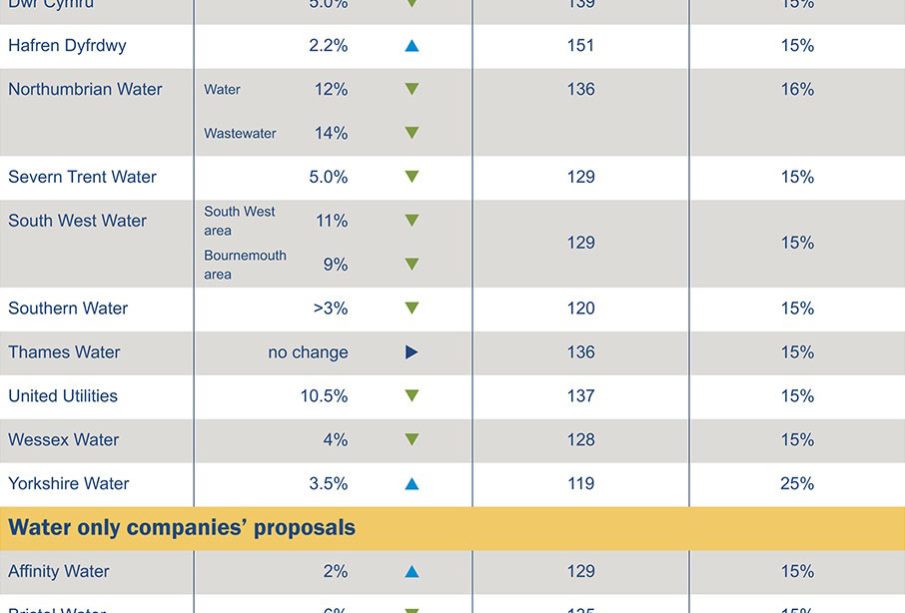Understanding Ofwat: The Water Regulator in England and Wales

Introduction
Ofwat, officially known as the Water Services Regulation Authority, is the economic regulator for the water and sewerage industries in England and Wales. Established in 1989, Ofwat plays a vital role in ensuring that water companies provide high-quality services while maintaining affordable prices for consumers. As water scarcity and environmental concerns continue to rise, the work of Ofwat has become increasingly significant in safeguarding both public interest and natural resources.
Key Functions of Ofwat
One of the primary responsibilities of Ofwat is to set price limits for the water companies it regulates, ensuring that consumers receive a fair deal for their water services. The regulator conducts periodic price reviews, most recently in 2019, which led to a five-year pricing framework (2020-2025). During this review, Ofwat determined that water companies must invest £51.5 billion in infrastructure improvements and resilience measures to meet ever-changing customer needs and environmental standards.
Furthermore, Ofwat monitors water companies to ensure compliance with regulations and assesses their performance through a comparative framework. This includes publishing annual reports on companies’ efficiency, customer service, and service delivery metrics. By promoting transparency, Ofwat encourages water companies to enhance their performance and address any inefficiencies.
Recent Developments
As the country faces challenges related to climate change and extreme weather patterns, Ofwat has taken measures to address water sustainability. In 2023, the regulator launched a new initiative focusing on water conservation by promoting innovative water-saving technologies and practices among consumers and businesses alike. The campaign aims to reduce water usage and promote wider community engagement in protecting this vital resource.
Additionally, Ofwat is actively involved in the Government’s push for greater water company accountability and the need for transparency regarding their impact on local ecosystems. With increased public scrutiny and advocacy for environmental protection, Ofwat’s role has become more prominent as it navigates the balance between economic regulation and ecological stewardship.
Conclusion
Ofwat’s regulatory framework is instrumental in ensuring the sustainability, efficiency, and affordability of water services in England and Wales. As the demand for fresh water resources grows, and as we face pressing environmental issues, the significance of Ofwat’s work will only increase. Stakeholders, including consumers and environmental groups, must remain engaged with Ofwat to advocate for continued improvements in the sector. Moving forward, it is expected that Ofwat will play a critical role in shaping the future of water services, leveraging technology and community investment to foster a resilient and sustainable water supply.







